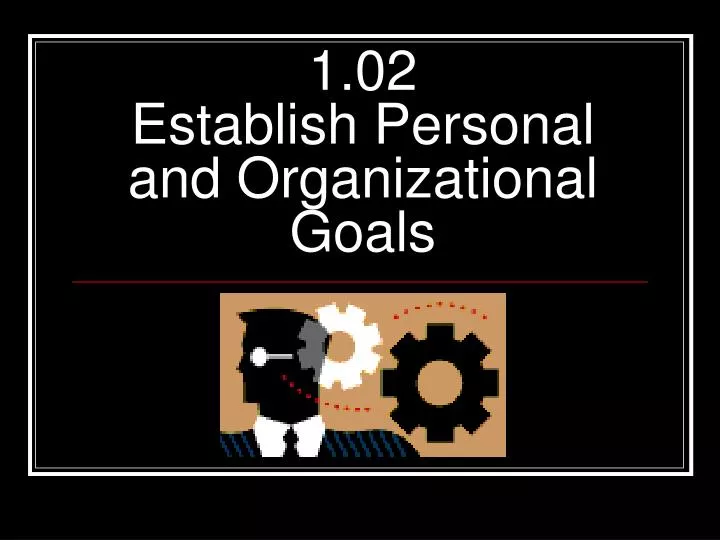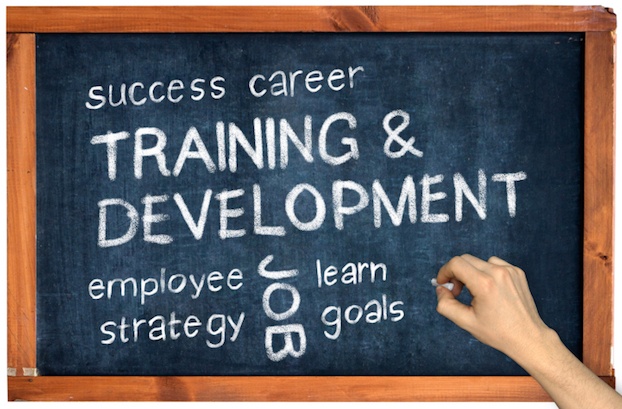I believe that any person that wants to grow professionally and any leader that wants to grow their organization need to be working on their own personal development first and foremost. But organizational growth is quite different from personal growth. With personal growth you only have one person to be concerned about: you. With an organization you must be concerned with several others, the number depending on how big your organization is.
For most people, the importance of personnel in a business organization is not appreciated. Because, most people underplay their well-being for the growth of the organization. The reason for this can be because many people today consider their jobs simply as a means of income. They forget to see the bigger picture their organizations and the roles they play should be a steppingstone towards their general career development.
The Individual and The Organization

An individual desiring career growth cannot afford to be complacent. They cannot perceive themselves as simply a routine participant or desk filler in the organization. An individual’s job can be regarded as a reflection of their skills and education. This is seen in their contribution towards the achievement of organizational growth and development.
When individuals improve at what they do, they in turn become more valuable to their team, their subordinates, their supervisors, their clients and, ultimately, their organization. In truth, the individuals become more relevant even in the larger industry where they are players and inadvertently open doors of wider opportunities for themselves. Relevance is found therefore in the commitment to learning and growing.
To continue to be relevant, keep these in mind:
Keep Learning

Boredom, monotony, and stagnation begin to set in on the job, when employees get too comfortable with the job. When they stop to learn or improve on their skills. With the internet, it has become relatively easier to access resources, training, workshops, and seminars relevant to the job. Even if an employee exists in a company where little or no opportunities for growth are offered, he/she can take advantage of many resources outside the office. Establishing new contacts and networking enable the employee to develop new ways of perceiving everyday activities. It also helps them discover new techniques for doing the same things.
Be Change Friendly
It is common knowledge that the only constant thing is change. A prerequisite to personal growth is being change friendly. Change, however, can come in many dimensions for an employee. It could be in the work procedures. Here the employee may need to make changes into how he or she goes about the job. If possible, the employee may need to change his or her career goals and aspirations. This change might be to align with the organization he or she is involved with, or to align with the resources available to him or her now.
The biggest kind of change can be presented in the form of a change of job or organization. This kind of change may seem tricky but can be necessary or inevitable. When an employee finds him/herself in an environment that is undoubtedly not in sync with his or her personal and career goals, the only way forward is to go back to the drawing board and systematically examine the fears associated with the pros and cons of trying something new.
Experience(s) Is Key
The saying that experience is the best teacher is not over-rated. Experiences help to show how things can be done differently to achieve better results. Experiences are also not limited to personal experiences, as the employee can learn from people (subordinate, supervisors, colleagues) around. The best thing that could happen to any employee could come from adequately spotting the lessons embedded in the experiences of people he or she works with.
We might not be able to change the way people act or how their actions influence our lives, but as an alternative to getting antagonistic or frustrated, the employee can use the actions of others as a reflection of what should or should not be done.
Focusing on Positives

As an employee, it would be relatively easier to get caught up in everything that isn’t working in the organization work overload, organizational culture, command structures, etc. The downside, however, is that when we focus on everything negative around us, the wellbeing and productivity of the employee are unavoidably affected.
It is important as an employee to consciously find ‘motivators’ embedded in his or her work or work environment. It could be the cordial relationship with coworkers, or the availability of free lunch, free transport to and from work, or simply the aesthetics of the office. By channeling oneself to positive things, one generates positive energy and positive thoughts needed for personal growth.
Conclusion
In every endeavor, there is always a possibility of failure. The possibility of failure should not become a fear. Fear should be viewed as another way of learning and acquiring experiences. Some psychologists are of the opinion that fear is only a state of mind. All that the fear of failure does is hinder an individual from exploring their capabilities and taking profitable risks.
An employee willing to expand, and embrace personal growth, must consciously learn to deal with failure. You do this by looking out for questions that can be answered, lessons that can be learnt, innovations that can be made. In other words, failure should not be an end in itself.


